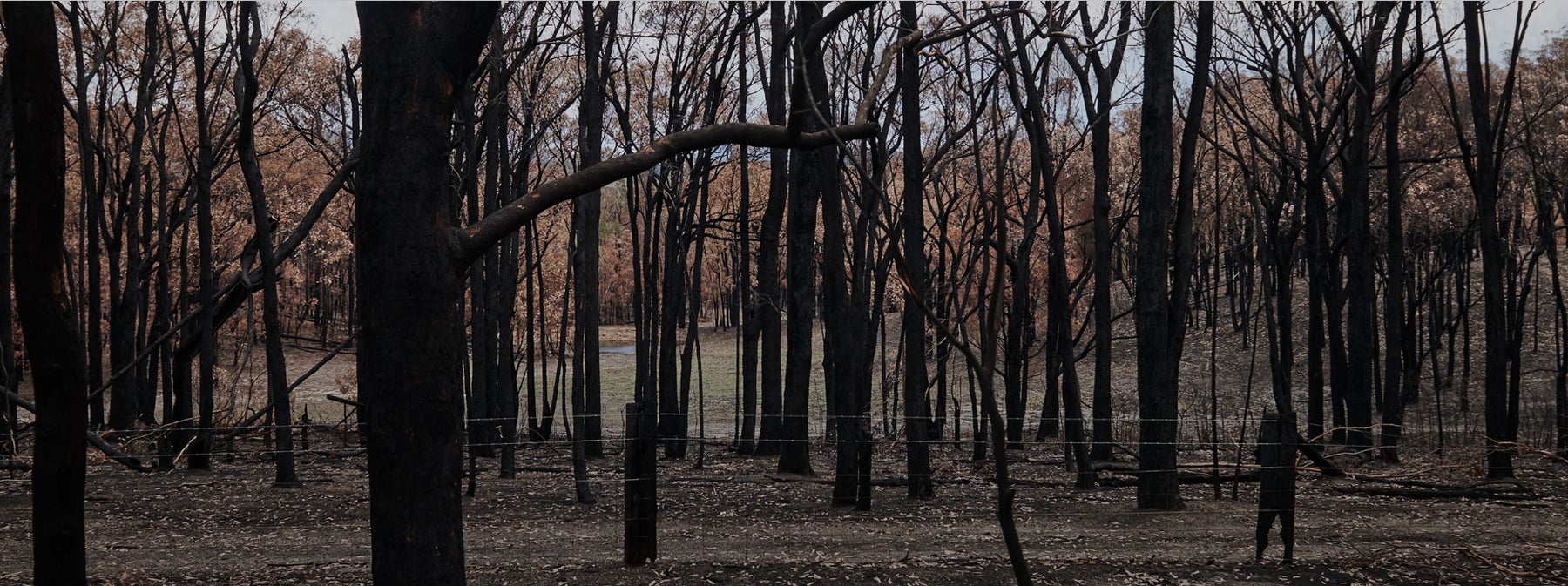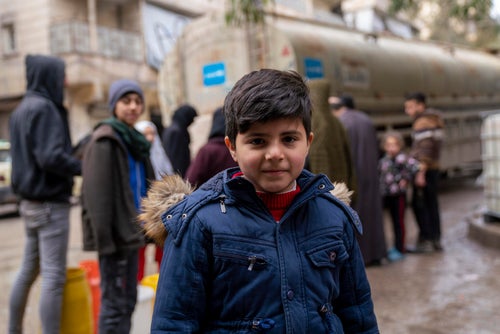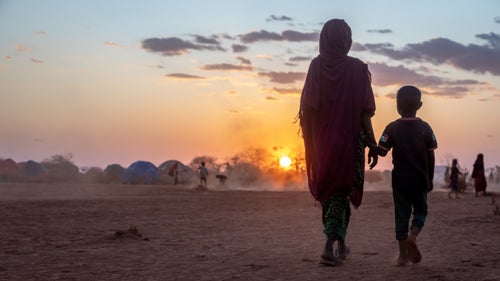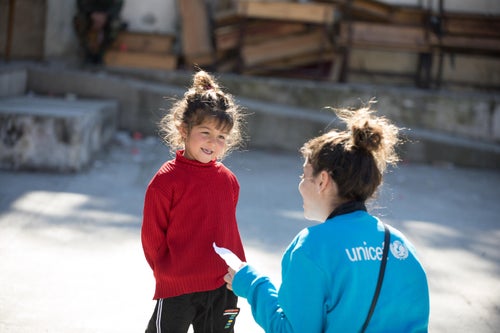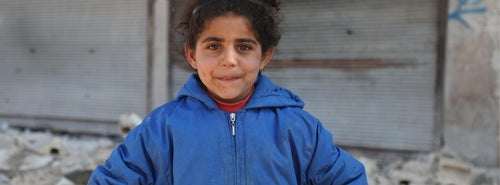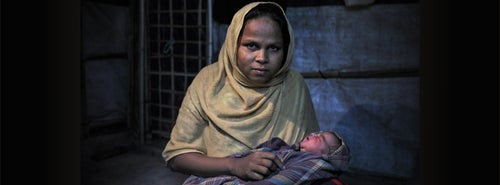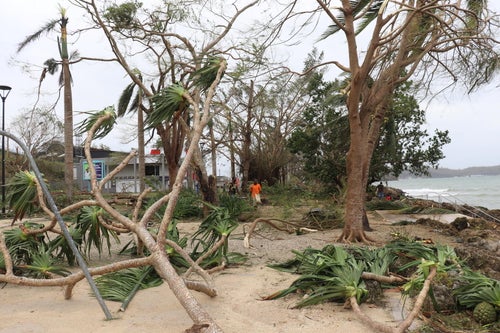Jack*, 10, should have spent the summer holidays with his family at home in small town New South Wales doing the things he loves, playing with his cats, building Lego, making cubby houses and riding his scooter.
Instead, the Australian summer bushfires of 2019/2020 left Jack and his siblings scared and traumatised.
The flames came close enough to burn the neighbour’s backyard. When Jack’s mum Katie sent him and his siblings two hours further up the coast to their grandmother’s house where she thought they would be safe, the fires followed them there.
Finding himself sheltering in a local surf club evacuation centre, Jack was really scared. Had his family home burned down? Had his neighbourhood survived the flames? Was his mum, who had stayed at home, safe? What about their cats? Did they find shelter from the flames?
Thankfully, everyone was physically safe from the immediate danger of the fire, but as the family travelled home through thick smoke, they were unsure of what they would find. Their house had not been burnt down but it was full of ash and smoke, and they had no electricity for days.
During the Black Summer bushfires, two in five Australian children were impacted.
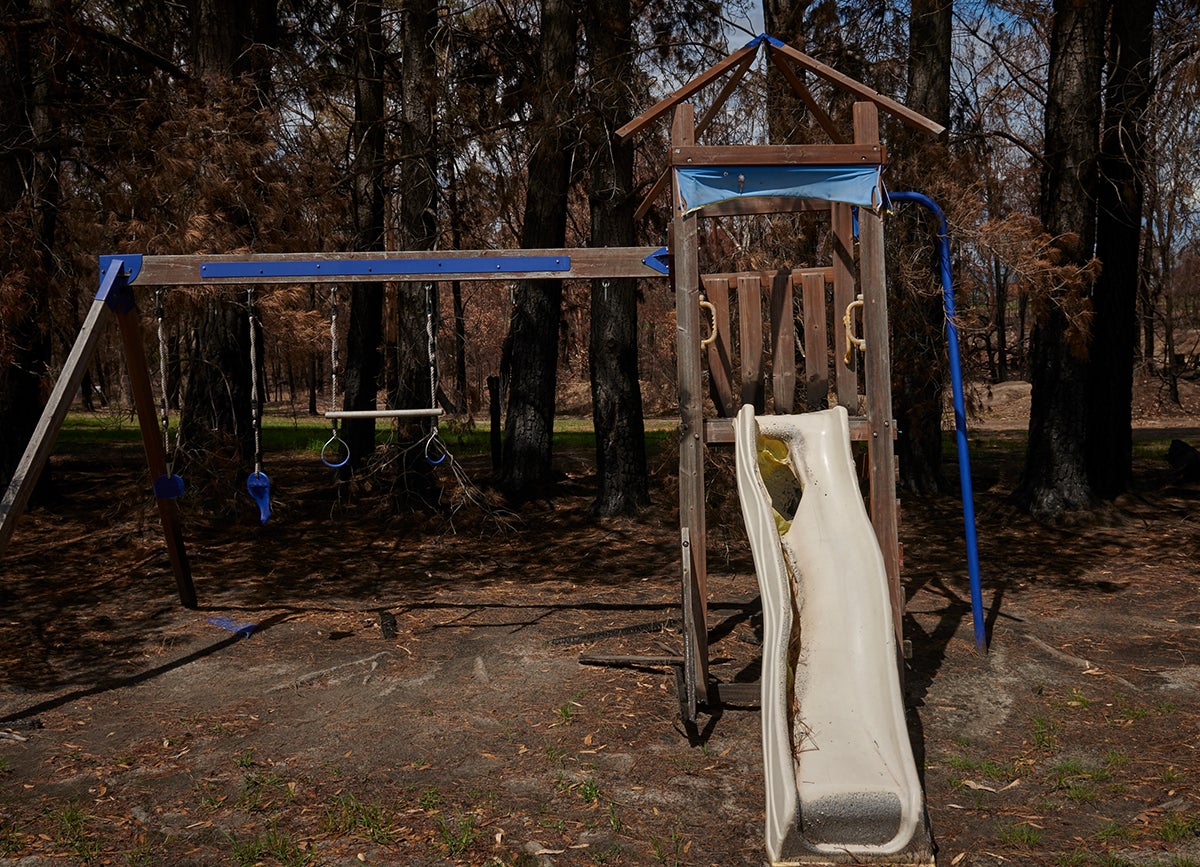
For children and young people like Jack, the consequence of trauma like this can change the trajectory of their lives, impacting their mental health, education, and employment, in both the short and long term.
In the aftermath, the smoke lingered in Jack’s community for weeks meaning that it was impossible to play outside. When school went back, his teachers noticed that Jack was very withdrawn. He was quiet, struggled to concentrate and would startle easily.
As we know from UNICEF’s 75 years of experience helping children recover from crises all around the world, for many children, things do not just go back to normal once the danger has passed.
Some child survivors go on to develop post-traumatic stress disorder which often takes months to emerge and can have debilitating lifelong consequences.
At UNICEF Australia, we want every child to get back to playing, feeling safe and having access to the right support network as soon as possible.
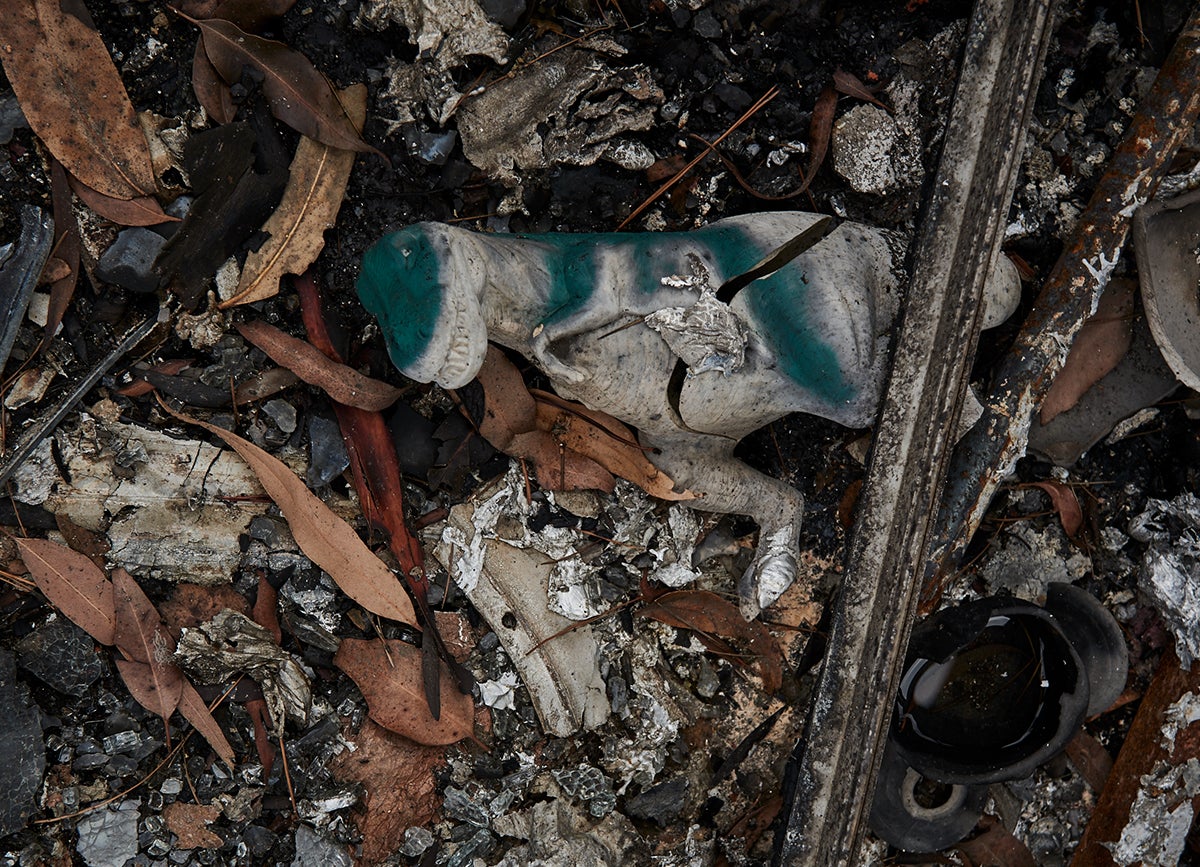
"The bush is sprouting again but the mental scars remain."
Thanks to a quick referral from a local support worker, Jack was quickly assisted by mental healthcare professionals, trained to help him process and recover.
Today, despite the extra challenges posed by the COVID-19 pandemic, Jack is on the path to recovery and his mum is feeling hopeful.
“It has been really tough this year and [your team] are my touchstone, my place to go with the kid to get heard, supported and refocused. I seriously couldn’t do it without you all,” says Katie.
This recovery program is supported by Royal Far West, UNICEF Australia’s program partner, and two years on from the catastrophic bushfires we are still working to reach every child who is struggling.
*For privacy reasons we have changed the names of the individuals in this story.
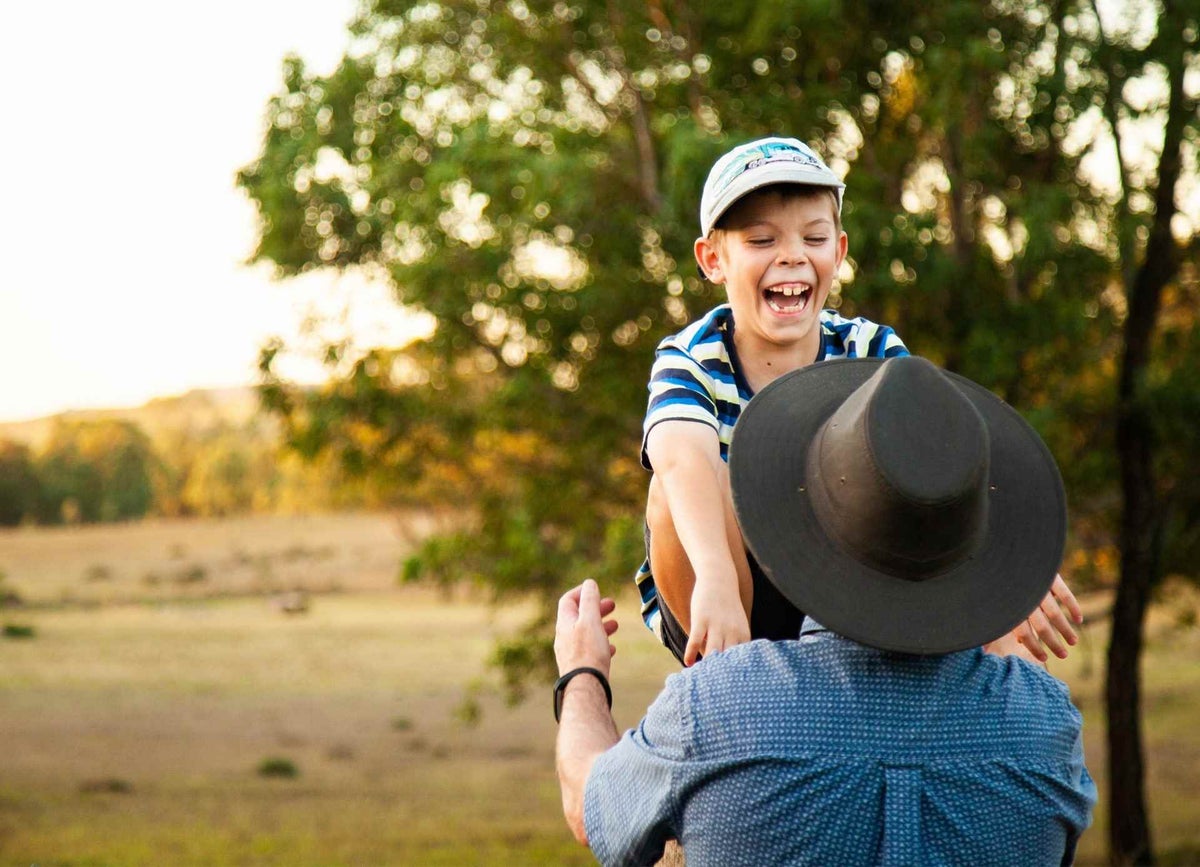
Through a custom three step program, UNICEF Australia is working with our local community partners to protect children like Jack. So, what does our program look like?
- Phase 1: Providing relief and support in the immediate aftermath. We partnered with local organisations to help more than 11,000 children get back to school.
- Phase 2: Supporting psychosocial and trauma programs for children, families, and young people. More than 900 children have accessed direct mental health support through group programs in 27 communities.
- Phase 3: We have and will continue to lift the voices of young people to build back better. By listening and consulting with those impacted, we can deliver real change and take their views to our leaders.
UNICEF Australia will continue to work to develop and enhance the resilience of hundreds of children like Jack, in rural and remote locations and to strengthen the support system that surrounds them where they live.
Climate change is increasing the intensity and frequency of these emergency events and their consequences for communities in Australia.
Therefore, it is essential that we continue to advocate for national level systems strengthening and child friendly policies that provide impact at the local level and ensure sustainable outcomes for children in the long term.
Related articles
Stay up-to-date on UNICEF's work in Australia and around the world



